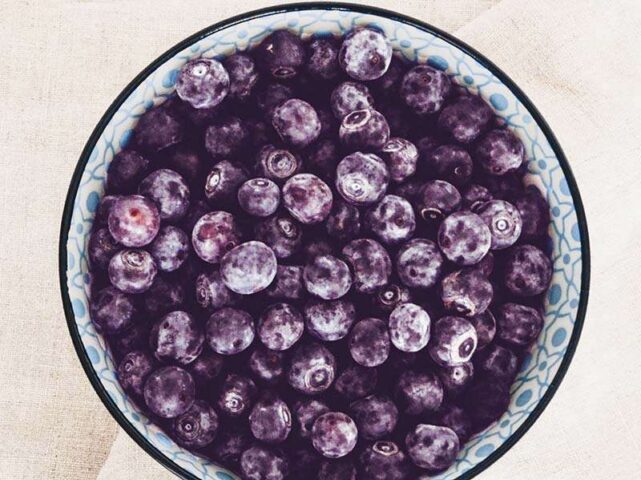Being a Physically Active Vegetarian Comes With Both Benefits and Challenges

by Laura Cipullo, Whole Nutrition Services Team
Pros
- Eating a plant-based diet provides a plethora of antioxidants such as Vitamin C and Vitamin A to fight free radicals caused by exercise (where free radicals are produced at a greater rate).
- You are forced to focus on your dark leafy greens like spinach and collard greens and high Vitamin C foods like peppers and oranges to absorb the non – heme iron found in plant foods.
- Pre training foods like bagels, yogurt and peanut butter are already a part of your daily intake.
- You’re at an even greater advantage to prevent heart disease by exercising and eating the healthy fats such as almonds, avocados and lean proteins like beans and fish.
- Your physical activity and plant based lifestyle are dually protective against diabetes. Vegan diets have been shown to lower one’s average 3 month blood glucose.
Cons:
- You must make extra effort to get your 8 essential amino acids needed for muscle and hormone synthesis by eating a variety of protein sources like beans, peanut butter, tofu and quinoa.
- You may need to take an omega 3 Fatty Acid supplement if you are not consuming deep sea fish. There are vegetarian marine algae forms of DHA available.
- Caution – place extra emphasis on eating complex carbohydrates such as whole-wheat pasta, barely, and millet. Avoid grabbing easy and available processed stand – bys like chips, packaged cookies, and boxed macaroni and cheese.
- Don’t fall prey to quick soy proteins sources like veggie burgers, “unchicken” fingers and fake meat. These products are highly processed, high in sodium and artificial fillers. In addition, limit soy intake to whole soy foods like tofu, tempeh, miso and edamame. Choose one soy food /day.
- Bring on the Vit. B12. Vit. B12 is generally not found in plant sources. Milk, Fortified breakfast cereals and nutritional yeast are vegetarian friendly form of this water-soluble vitamin needed for red blood cell synthesis.







